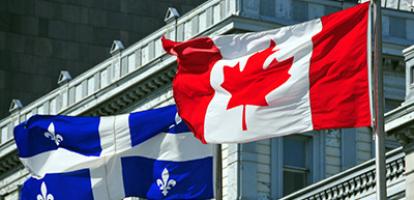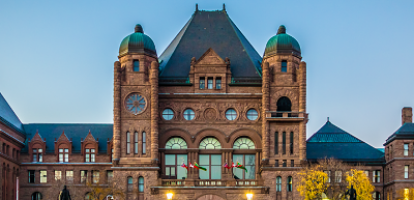From: Jon Johnson
To: Global Affairs Canada
Date: June 7, 2022
Re: Ease Food Inflation Through Generous Administration of Dairy Tariff Rate Quotas
On May 12, New Zealand formally requested consultations with Canada under the Comprehensive and Progressive Agreement for Trans Pacific Partnership (CPTPP) respecting the administration by Canada of its CPTPP dairy tariff rate quotas (TRQs).
Under a TRQ, a specified volume of a product, such as milk, is permitted to enter Canada duty free. Imports above that volume are subject to a prohibitive tariff, which by blocking imports allows the Canadian Dairy Commission to maintain higher prices in Canada for domestic producers and consumers.
Under dispute here is procedures by which the Canadian dairy industry exercises control over this small specified volume of dairy products imported duty-free. The US successfully challenged similar administrative practices under CUSMA. The CPTPP provisions around dairy quotas closely follow those in CUSMA so New Zealand’s challenge has a good chance of succeeding.
On May 16, Canada’s trade minister Mary Ng stated in respect of the recently published CUSMA dairy TRQ allocation and administration policies:
“We are confident that the new policies fully comply with the panel’s findings and its recognition that Canada has the full discretion to administer its TRQs under CUSMA in a manner that supports Canada’s supply management system for dairy.”
US Trade Representative Katherine Tai responded the same day:
“The United States is deeply disappointed by Canada’s announcement today regarding its dairy tariff-rate quotas. Our top priority remains ensuring that US workers, producers, farmers, and exporters benefit from the market access they were promised under the United States – Mexico – Canada Agreement – and I communicated this directly to Canada before it published today’s notices. To date, we have not seen the promises by Canada in the USMCA fully realized.”
The US has now followed through with a formal request for consultations, objecting to Canada’s “new policies” on multiple grounds. Only “processors, further processors and distributors” are treated as “eligible applicants” in the new policies, with retailers, food service operators and other importers excluded despite CUSMA defining “eligible applicant” broadly as “an applicant active in the Canadian food or agriculture sector.” The request identifies other aspects of the “new policies” that the US maintains are inconsistent with CUSMA provisions.
If a CUSMA panel agrees with the US and the dispute is not resolved within 45 days of receipt of the panel’s final report, the US may suspend CUSMA benefits of “equivalent effect.” While CUSMA requires that the US attempt to suspend benefits in the same sector covered by the dispute (dairy products), the US may suspend benefits in other sectors if the US does not consider suspension in the same sector as “practicable or effective.”
Canada could object, but through a time-consuming process. Canadian businesses with no connection to the dispute could experience economic damage from this dispute.
And there is an additional factor highlighting the cost to Canada of the restrictive way it administers its TRQs. Food inflation in Canada in April 2022 hit 8.8 percent, a level not seen for many years. Over the past three years, the rate of price increases for dairy products has been nearly 50 percent higher than that of consumer prices overall. Reducing or eliminating trade barriers is one effective way of reducing CPI inflation that is eating away Canadians’ purchasing power.
Canada’s commitment to supply management of dairy products is longstanding and would be difficult politically to eliminate.
However, each TRQ represents a commitment by Canada to duty-free trade up to the prescribed annual volume of imports of the dairy product in question. Canada should develop a system for the administration of each TRQ that frees potential importers to take advantage of it, and thus eases food inflation rather than exacerbates it.
Jon Johnson is a former advisor to the Canadian government during NAFTA negotiations and is a Senior Fellow at the C.D. Howe Institute.
To send a comment or leave feedback, email us at blog@cdhowe.org.
The views expressed here are those of the author. The C.D. Howe Institute does not take corporate positions on policy matters.





